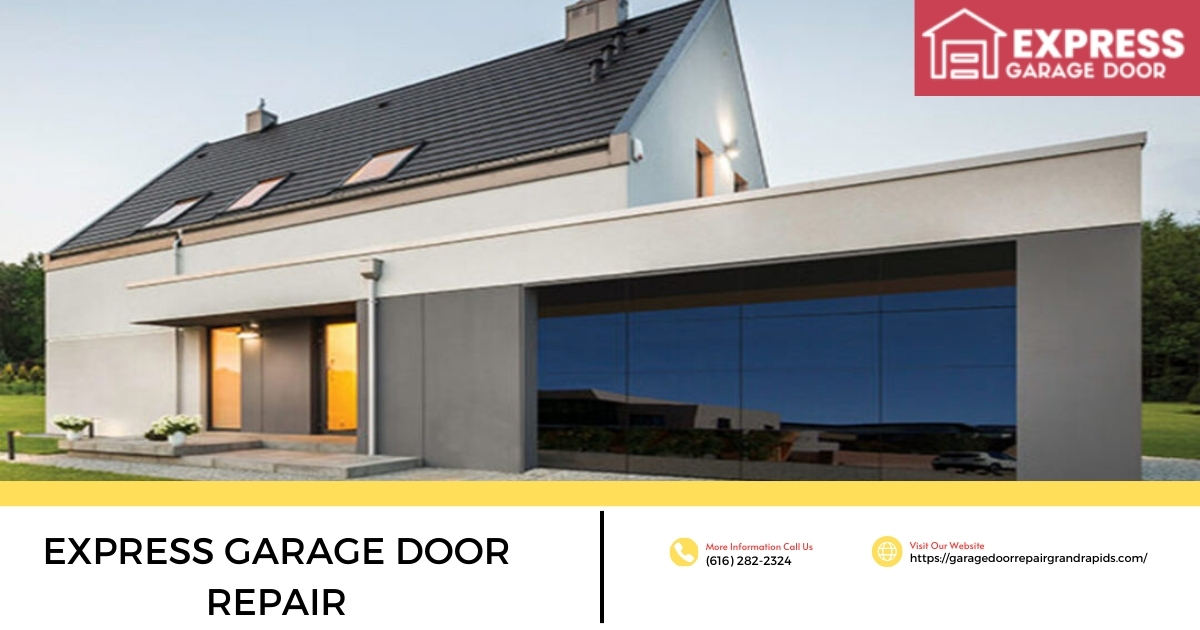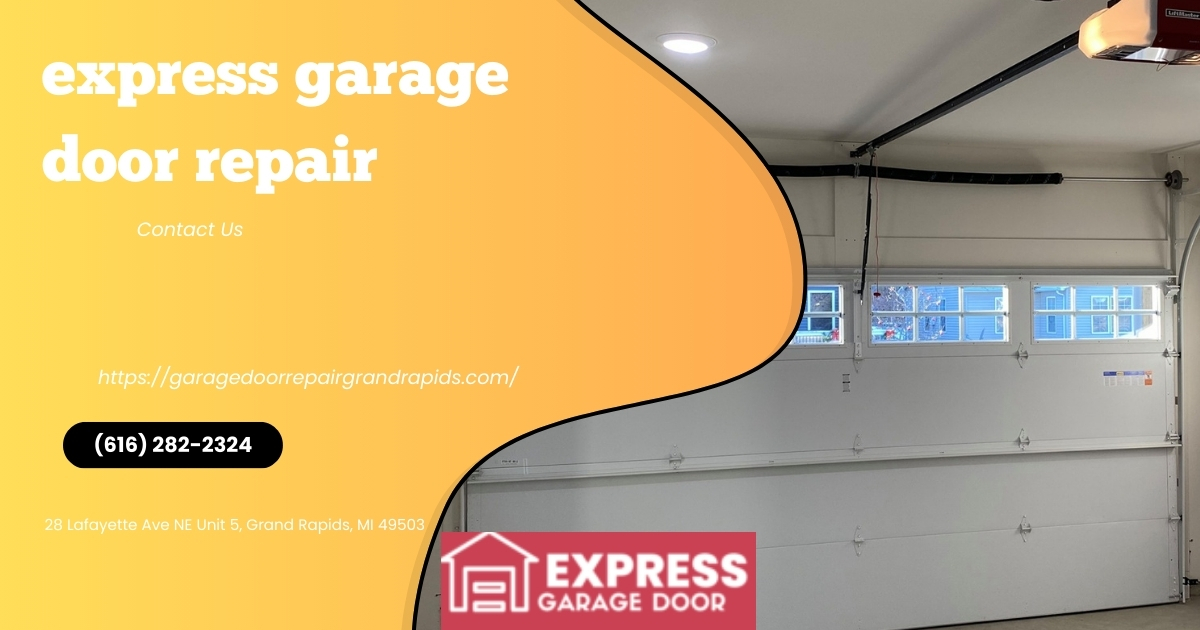In today's fast-paced world, the choices we make regarding our homes can greatly impact our comfort, energy efficiency, and even our wallets. One often-overlooked aspect of home design is the type of door we choose for our garages. Garage doors come primarily in two categories: insulated and non-insulated. Each type has its own set of advantages and disadvantages that can significantly affect everything from energy costs to noise levels.
In this article, we'll dive deep into Exploring the Benefits of Insulated vs Non-Insulated Doors, examining how they work, what makes them unique, and how selecting one over the other can influence your life at home.
Understanding Garage Door Basics
What is a Garage Door?
Garage doors are large doors that open either manually or automatically to provide access to a garage. They come in various materials, including wood, steel, aluminum, and fiberglass. The choice between insulated and non-insulated variants is crucial for homeowners seeking optimal performance from their garage space.
Types of Garage Doors
- Sectional Garage Doors: These are made up of several panels that hinge together. Roll-Up Garage Doors: These doors roll up into a coil above the opening. Tilt-Up Garage Doors: A single solid piece that tilts upward to open.
Each type has its pros and cons that might sway you toward choosing an insulated or non-insulated option.
Exploring the Benefits of Insulated vs Non-Insulated Doors
When deciding on garage doors, one key consideration is insulation. Insulation affects more than just temperature; it also influences soundproofing and general energy efficiency.
1. Energy Efficiency
How Insulation Saves Energy
Insulated doors are designed to reduce thermal transfer between the inside and outside environments. This means your garage stays warmer in winter and cooler in summer.
Impact on Heating Costs
By installing an insulated door, you can reduce heating costs significantly—especially if your garage is attached to your home. The less heat you lose through your garage door, the lower your heating expenses will be.


2. Temperature Regulation
Keeping Your Space Comfortable
An insulated garage door helps maintain a consistent temperature within the garage. This is especially important if you're using the space as a workshop or living area.
Effects on Vehicle Performance
Extreme temperatures can affect vehicle performance—particularly battery life during winter months. An insulated door mitigates these issues by keeping temperatures more stable.
3. Noise Reduction
Soundproofing Capabilities
If you live in a noisy neighborhood or near busy roads, an insulated door can help dampen sound coming from outside.
Benefits for Home Businesses
For those running businesses out of their garages, noise reduction becomes even more critical to maintain focus and https://reidciys333.cavandoragh.org/choosing-the-right-material-for-your-new-garage-doors productivity.
4. Durability and Maintenance
Longevity of Insulated Doors
Insulated doors tend to be more durable due to their construction materials. They resist dents better than non-insulated options.
Maintenance Needs
While both types require regular maintenance (like inspecting springs or scheduling garage door repair), insulated doors often hold up better against wear over time.
The Cost Factor
5. Initial Investment vs Long-term Savings
Upfront Costs for Insulation
Insulated doors typically have a higher upfront cost compared to non-insulated ones due to their additional materials and manufacturing processes.
Calculating Long-term Savings
While you might pay more initially for an insulated door, the savings on energy bills can offset this investment over time—making it financially savvy in the long run.
Choosing Between Insulated vs Non-Insulated Doors
6. Factors Influencing Your Decision
When it comes down to making a decision between insulated and non-insulated doors, consider your specific needs:
- Climate: Do you live in an area with extreme temperatures? Usage: Will you use your garage as a workspace? Budget: What are you willing to invest upfront?
FAQs
1. What are some benefits of insulated garage doors?
Answer: Insulated garage doors offer energy efficiency by reducing heat transfer, maintaining comfortable temperatures inside, providing soundproofing capabilities, improving durability against wear-and-tear, and lowering long-term heating costs.
2. Are there situations where non-insulated doors are preferable?
Answer: Non-insulated doors may be suitable for detached garages or areas with mild climates where temperature regulation isn't crucial.
3. How do I know if my existing garage door needs repairs?
Answer: Signs include difficulty opening/closing the door smoothly, unusual noises during operation (like grinding or squeaking), visible wear on springs or tracks, or gaps forming around edges that let air in/out.
4. How often should I schedule garage door service?
Answer: It's recommended to have professional inspections at least once a year but consider more frequent checks if you're using it daily or notice any issues arising sooner than expected.
5. Can I convert my current non-insulated garage door into an insulated one?
Answer: Generally speaking, it's easier (and sometimes more cost-effective) to replace an existing non-insulated door with an insulated model rather than trying to retrofit insulation into it.
6. Where can I find emergency garage door repair services near me?
Answer: Searching online for "emergency garage door repair near me" will yield local companies ready to assist quickly when issues arise unexpectedly!
Conclusion
In summary, when you're weighing the options between insulated and non-insulated garage doors, think about factors like climate conditions in your area, how you plan on utilizing your space—and yes—your budget constraints!
Both types have their merits depending on personal preference; however:
- If energy efficiency is paramount for you, If you're looking for added durability, If comfort matters within your residential environment,
Then investing in an insulated option could be well worth it!
Conversely:
If you're working with budget constraints while living in milder climates where extreme insulation isn’t necessary—non-insulation may serve just fine!
Ultimately though—the choice boils down to individual preferences backed by informed decisions based on lifestyle needs! So keep these insights from “Exploring the Benefits of Insulated vs Non-Insulated Doors” handy as you embark upon this significant home improvement journey!